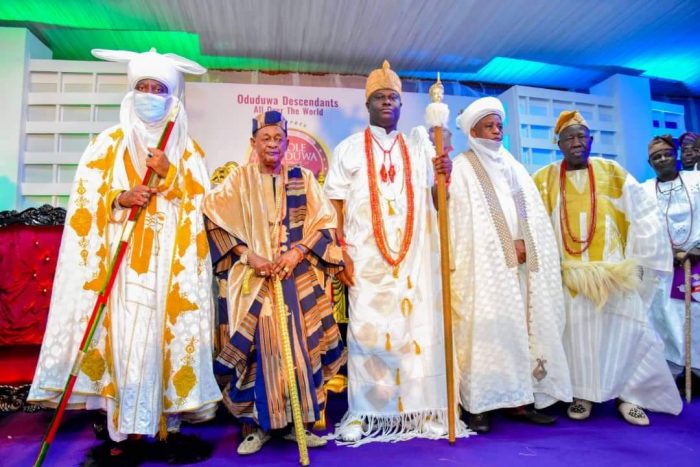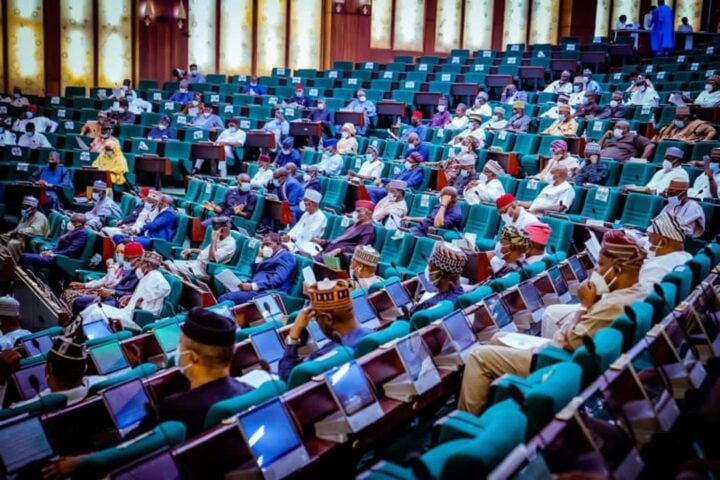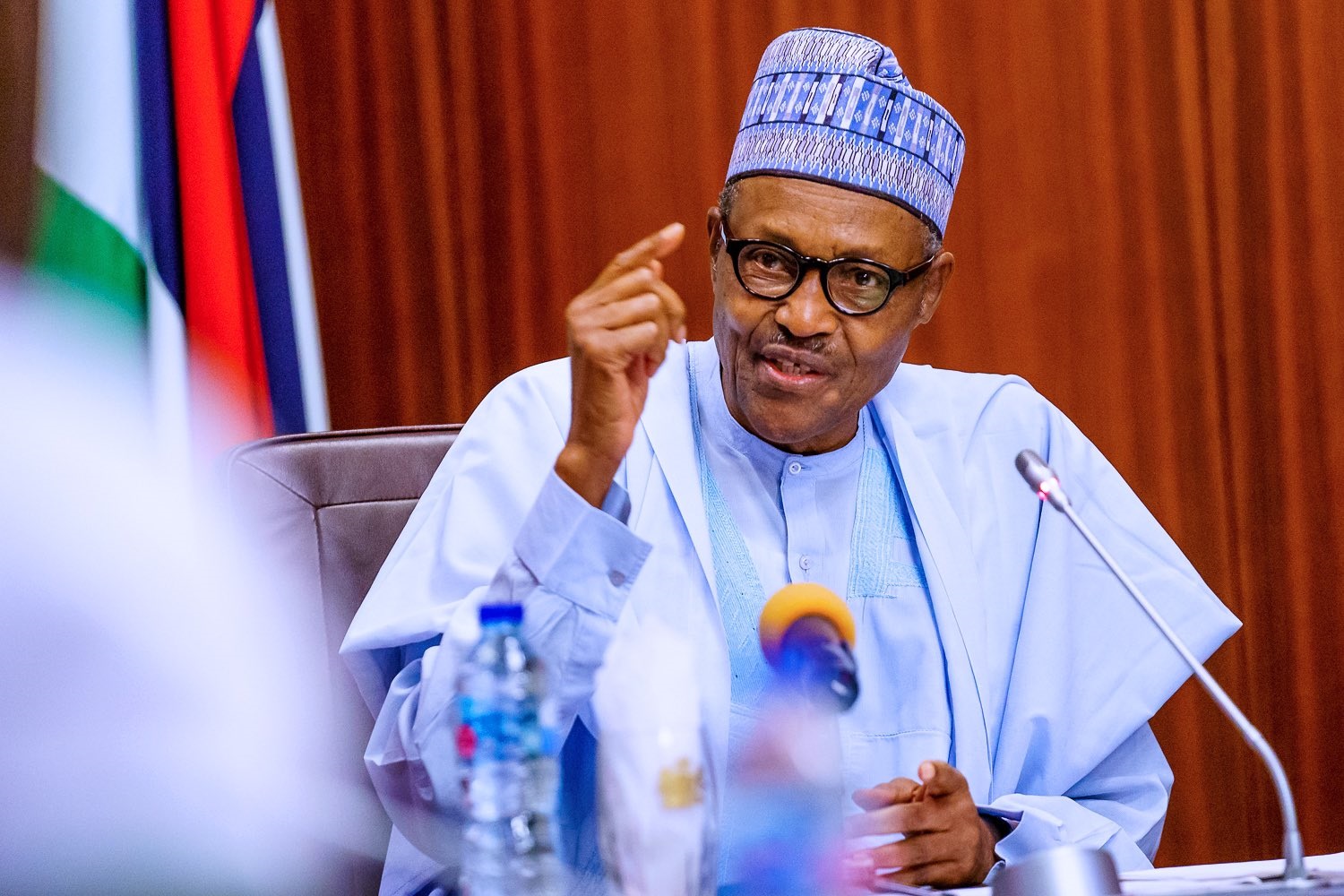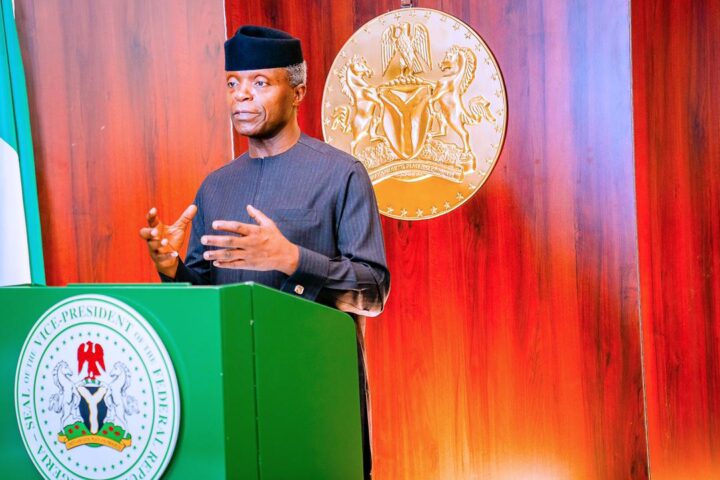The federal government says it will commence the second phase of the digital switchover on April 29 in Lagos state.
A digital switchover is the migration from analogue television broadcasting technology to digital system.
Kano, Rivers, Yobe and Gombe states will also be captured in the second phase of the programme.
The switchover in Kano will be rolled out on June 3; Rivers, July 8; Yobe, July 15; and Gombe, August 12.
Advertisement
Speaking at a press conference in Abuja on Thursday, Armstrong Idachaba, acting director-general of the National Broadcasting Commission (NBC), said signal providers are expected to complete the installation of additional transmitters and gap fillers to attain 80 percent coverage in the six states that partook in phase one.
These existing locations are the federal capital territory (FCT), Plateau, Kaduna, Kwara, Enugu, and Osun states.
Idachaba said May 28 has been fixed for the first analogue switch-off in the FCT.
Advertisement
“The remaining phase one states of Plateau, Kaduna, Kwara, Enugu and Osun will follow in June, August and September 2021,” the DG said.
“What this means is that effective from the date of analogue switch-off, television broadcast can only be received with the DSO approved set-top boxes.
“Adequate quantity of these boxes will be made available by the authorised set-top box manufacturers for these locations.”
He said by the end of 2022, the digital switchover must have been completed.
Advertisement
“We are hoping to generate thousands of jobs — artistic content, making boxes (decoders). It will also add value to the advertising sector and plug leakages in it,” Idachaba said.
On his part, Lai Mohammed, minister of information and culture, said three states in the second phase have a high population because the government is eager to bring the switchover to many Nigerians.
“Within a period of four months starting from April 29, we intend to roll out the DSO in four states — three of them heavily-populated states,” Mohammed said.
“This is to accentuate our eagerness to take the DSO to as many Nigerians as possible, as well as to ensure its viability, as we have now decided that the process will be commercially-driven.
Advertisement
“Our decision to also kick-start the analogue switch-off is a clear testimony to our commitment to completing the DSO process as soon as possible.”
Advertisement
1 comments








FG keeps making things difficult. This should be done as soon as possible